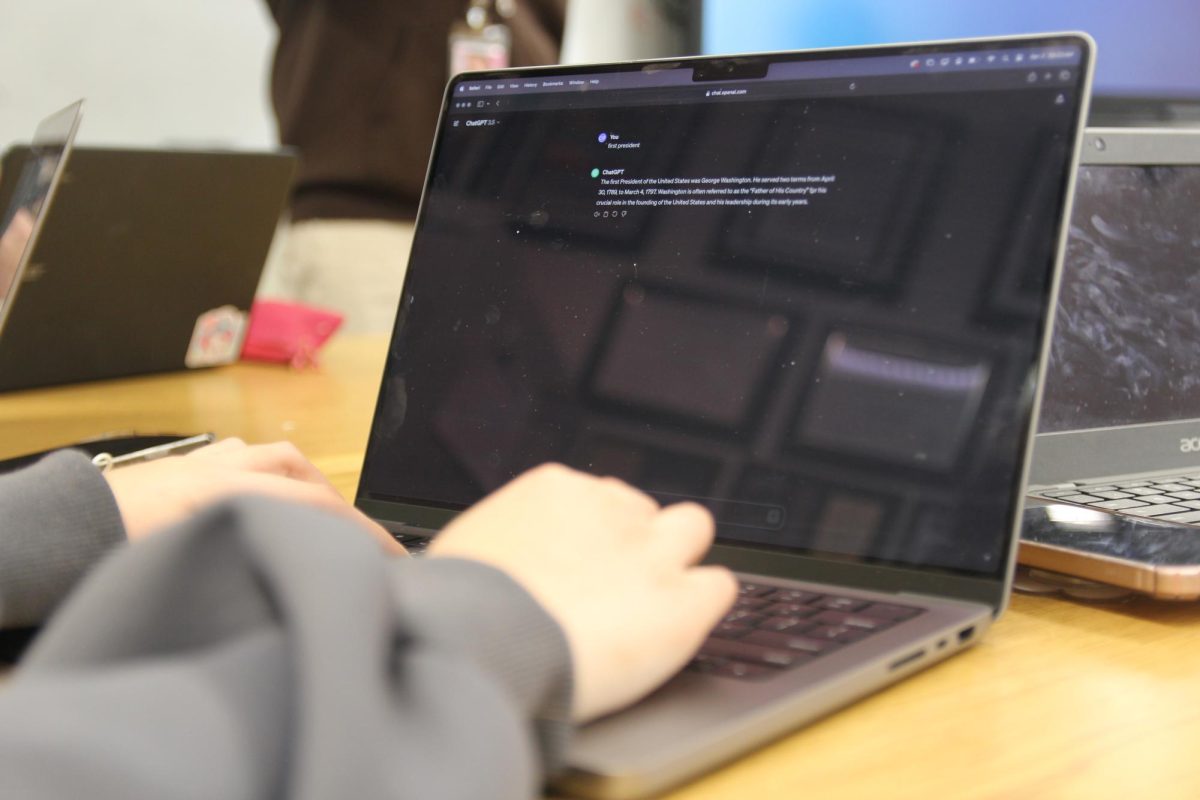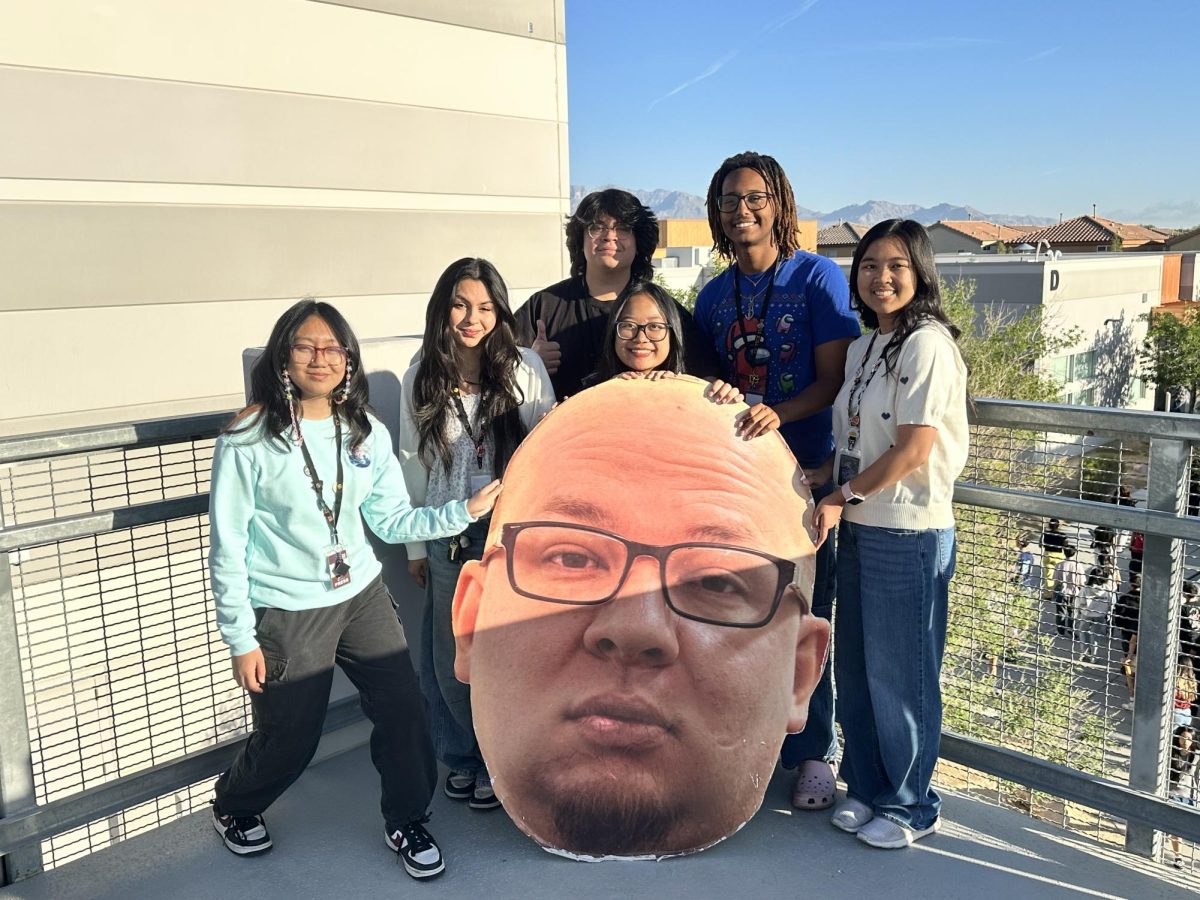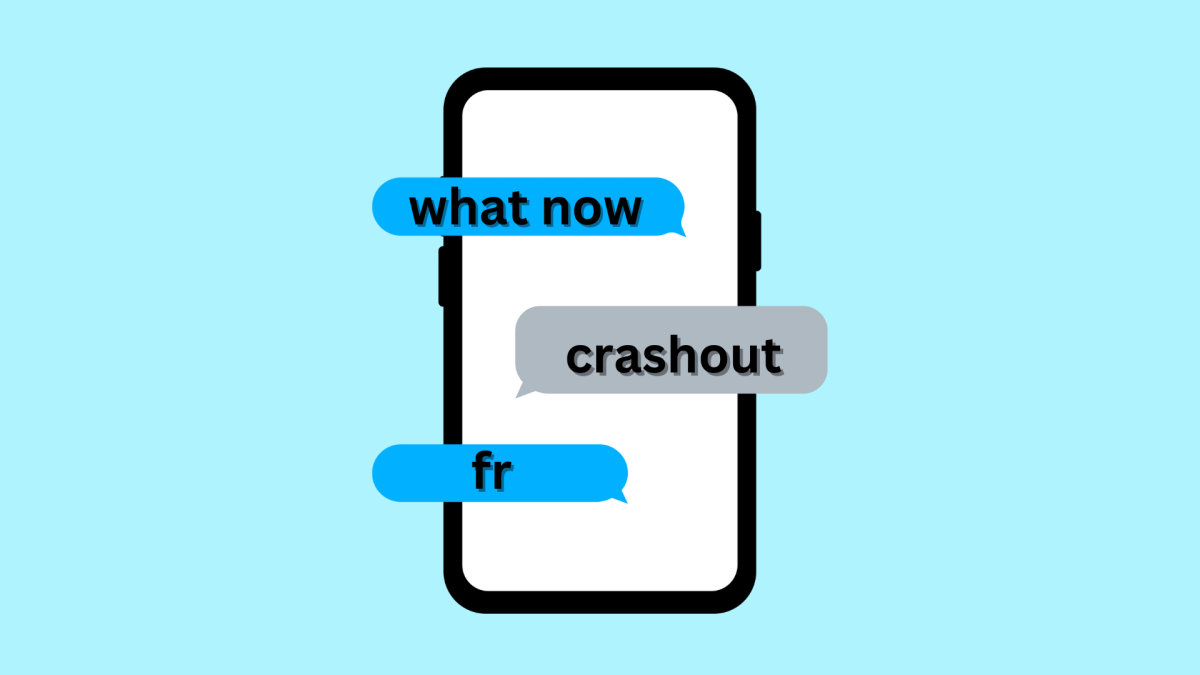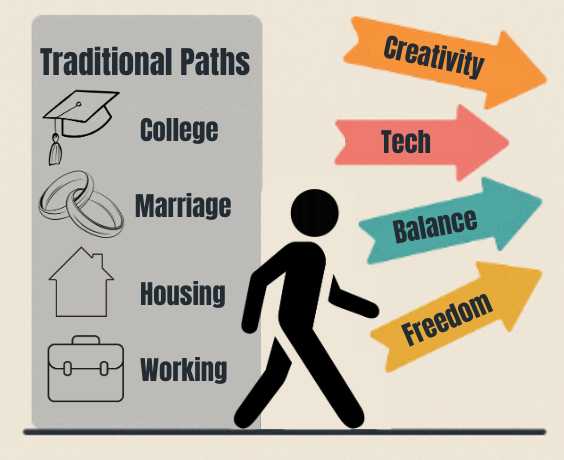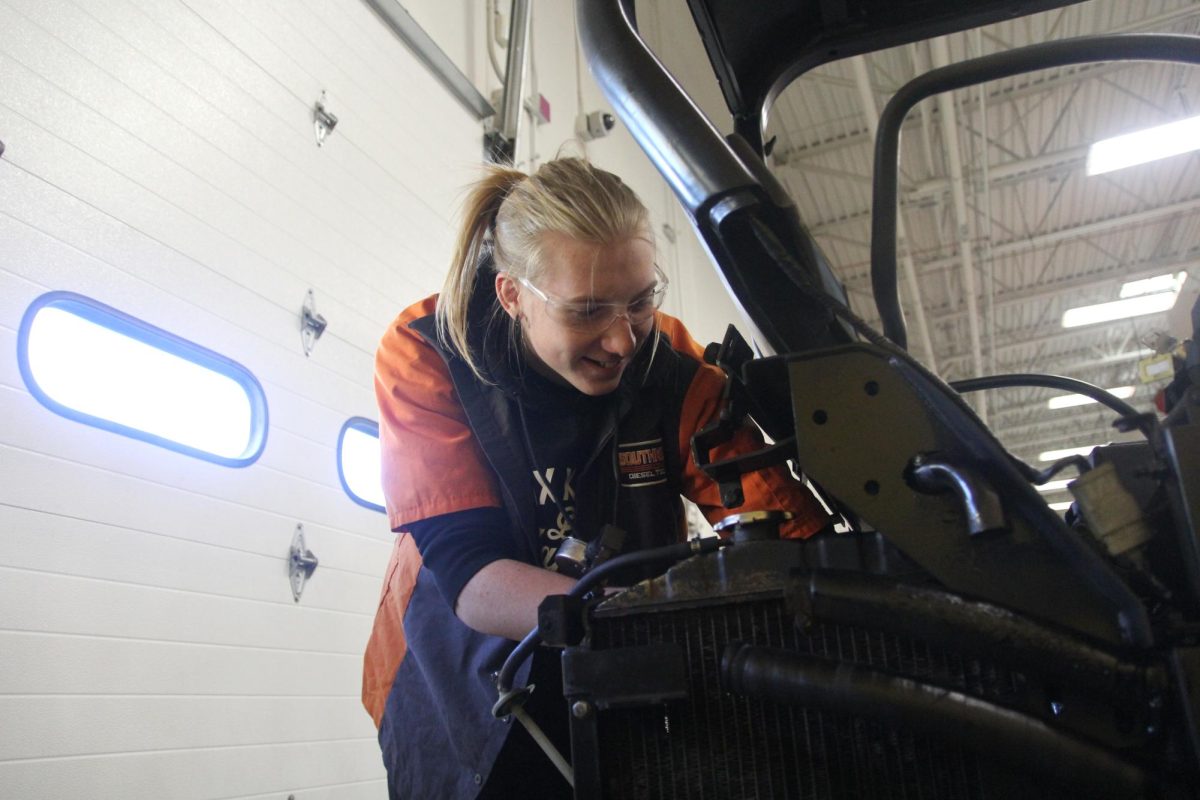Sitting in an English classroom, a student frantically searches for ChatGPT, a generative OpenAI language model, with a blank document opened in another window. They type in a prompt, and in a matter of seconds, the website outputs a high quality essay. With a quick copy and paste, the student earns an “A” on their assignment, no effort required.
The development of artificial intelligence (AI) has made it easier than ever to succeed academically, transforming classrooms worldwide and opening up opportunities for both students and educators. However, it’s also brought forth a number of ethical considerations that hinder its implementation into education.
The main way that AI has been used in the classroom is to help personalize student learning through adaptive programs, which analyze individual student learning patterns. By using these algorithms, it becomes much easier for teachers to optimize course content to match student needs.
“The best benefit of using AI is the way that it can supplement student learning. AI can do a lot when it comes to helping you shape your work, and it gives you results personal to you, making it something that’s relevant to you, or just one particular student,” Multimedia Communications teacher Monte Carman said. “Artificial intelligence is much broader than just ChatGPT and MidJourney. There’s so much you can do with it, and I use it to help me do stuff like write social media posts and create images.”
Standardized testing sites like MAP and SBAC utilize an AI model known as computer adaptive testing, where the choice and difficulty of the next question presented is primarily determined by how a student performed on the previous question. This is able to accurately gauge the skill development and curriculum retention from a single student, helping to decide course placement and topics that are needed to be reviewed.
“I think that AI is perfect for providing feedback to students and teachers, since it automates the process for us. I think we’re getting to the place where it will be accepted in the classroom as a way for students to get individualized feedback, and it helps us as teachers to determine what we should be teaching,” computer science teacher Ronald Barranco said. “I view artificial intelligence as one of the greatest innovations of our time.”
Many miscellaneous AI tools are already available to assist people in school. Teachers can use GradeScope to automatically score assignments, foreign language students use Duolingo to learn and memorize new vocabulary, and student journalists use Otter.Ai to quickly transcribe interviews.
“I think that [AI] could have a huge impact in education. We’re already facing a crisis where we don’t have enough teachers and students are able to do more online since a lot of our work is on the computer now,” English 11 teacher Amy Lutz said. “I could see a future where AI is going to be the instructor in classrooms.”
AI by Adrienne Marie Vera-Perez
AI can also help students ensure the quality of their work. Spell check and grammar corrections are AI technologies that are already frequently used in day-to-day life, and they only grow more useful when employed in education, showing users how to improve their language and quality of their writing.
“I think that using stuff like the grammar and spell check stuff on Google Docs is really helpful,” sophomore Abigail Lapi said. “It helps me improve my writing, and it helps me catch mistakes. A lot of the time I’m just writing without a lot of consideration to all the grammar, so it’s good to have something that helps me.”
Although AI is already widely used in schools, a portion of teachers are still sending the message that using AI in any context is negative. The Pew Research Center found that 1 in 5 of students use OpenAI technology to complete assignments for them. Even with the prospective benefits that using AI could provide educators, students using the technology in an unethical manner still raise doubts among teachers concerning plagiarism.
“A lot of my teachers see AI as a cheating device and they talk about it in class, and I think they’re pretty much right,” freshman Taylor Smith said. “I do use AI to do a lot of my work. When doing an assignment I don’t know how to do or don’t really want to do, I put in the prompt that was given to me in some chatbot and it spits out something I can use. It gives me more time to do other things, and it helps keep my grade up.”
To combat this, educators agree that a consensus needs to be met where AI technologies can be universally used responsibly and ethically, but the situation is further complicated due to students having complete access to tools that easily allow them to cheat. Because of this, AI programs such as ChatGPT have been restricted school and district wide.
“I think that AI can have a really big impact on classrooms and in education as a whole. The problem comes from when students use it to plagiarize,” Carman said. “Students need to use AI as a tool for their learning instead of as a crutch.”
Going into the future, educators stress the need to integrate AI education into the curriculum to help prepare students for a future where those technologies are going to start playing an increasingly prominent role.
“There’s only so much AI detection tools can do, I believe that we should actually be teaching our students how to use AI. As teachers, it’s our responsibility to be educating you how to use it properly to make sure cheating doesn’t happen,” Lutz said. “AI is something that’s developing quickly. We can’t pretend that it is going away.”

